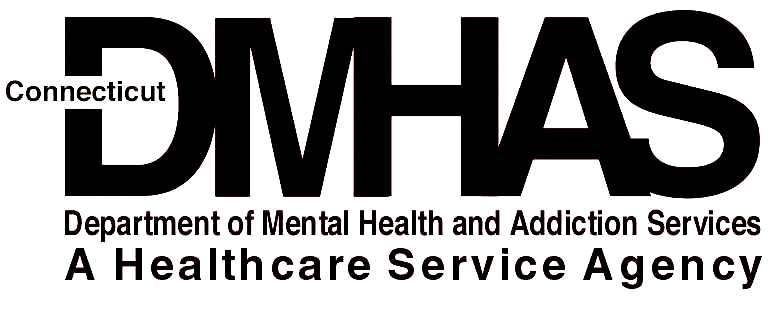 |
Information . . . foundation for good policy |
|
Governor M. Jodi Rell |
Commissioner Thomas A. Kirk, Jr. , Ph.D. |
December 3, 2004Improving Quality by Eliminating Behavioral Health Disparities
November 18, 2004Building Assets To Promote Substance Abuse Prevention October 28, 2004DBT - A Successful Treatment Intervention October 8, 2004Stable Housing - Stable Lives September 9, 2004Study Shows Prevention Effective for Adolescents August 12, 2004More For Less: Maximizing Learning and Reducing Training Costs July 16, 2004Recovery Wellness Program July 1, 2004Recovery House June 15, 2004A Learning Organization Transformation May 27, 2004Life Skills Program May 11, 2004No More Revolving Door May 5, 2004Peer Support April 19, 2004Independence Program: Peers Helping Peers April 12, 2004Methadone and Rehabilitation Treatment - Are They Compatible? March 26, 2004Problem Gambling - There's Help and Hope.
March 9, 2004Intensive Case Management - Improved Care and Resource Investment February 24, 2004 February 17, 2004 February 9, 2004
A critical look at the compelling evidence for behavioral health disparities and what DMHAS is doing to eliminate such disparities.
A snapshot of asset building in one Connecticut community using a new, highly effective approach in prevention strategies. Forty developmental assets that are qualities deemed essential to raising successful young people were identified.
Overview of DBT treatment: what is it...how effective is it...what's next?
The HOME Project (Helping Others Maintain Equity in Housing) in Northwest Connecticut helping clients with housing related problems, and training more than 1,000 clients, advocates and providers on housing rights and related issues.
Review of recent survey findings combined to show without a doubt that prevention efforts significantly contributed to Connecticut’s reduction of adolescent substance use in the state.
Review of Safety Services Division Track Scheduling Model emphasizing accelerated learning with reduced training time.
Innovative adult education model to support persons in recovery.
One of three programs that provides a uniquely integrated system of community-based supports to adults with substance use or co-occurring mental health and substance use disorders.
DMHAS Education & Training Division provides significant training opportunities to
more than 3,000 employees and thousands more who work in private agencies.
DMHAS-operated 24-hour crisis respite program helps divert individuals
from admissions to general hospitals.
Public-private partnership of community-based housing and support services
dramatically reduces inpatient psychiatric hospitalizations.
Consumer driven support program assists patients during psychiatric crises
in hospital emergency departments.
Day program operated and managed by DMHAS staff who are persons in
recovery from mental illness.
Overview of treatment methodology, review of clinical outcome data, and answers
to clinical management questions.
A look at DMHAS Problem Gambling Services: statewide trends and implications
for treatment providers.
Successful program reduces re-admission rates and improves connections
to lower levels of care.
Restraint & Seclusion Initiative
Recovery-oriented treatment approach and intervention strategies dramatically
reduce restraint and seclusion usage at state hospital.
Linking Data, Informing Policy
Information-sharing between DMHAS and nine (9) other state agencies guides
policymaking and program development.
Reaching Out ... Saving Lives
Outreach & Engagement Program reaches out to homeless people with mental
illness and substance use disorders with impressive results.

